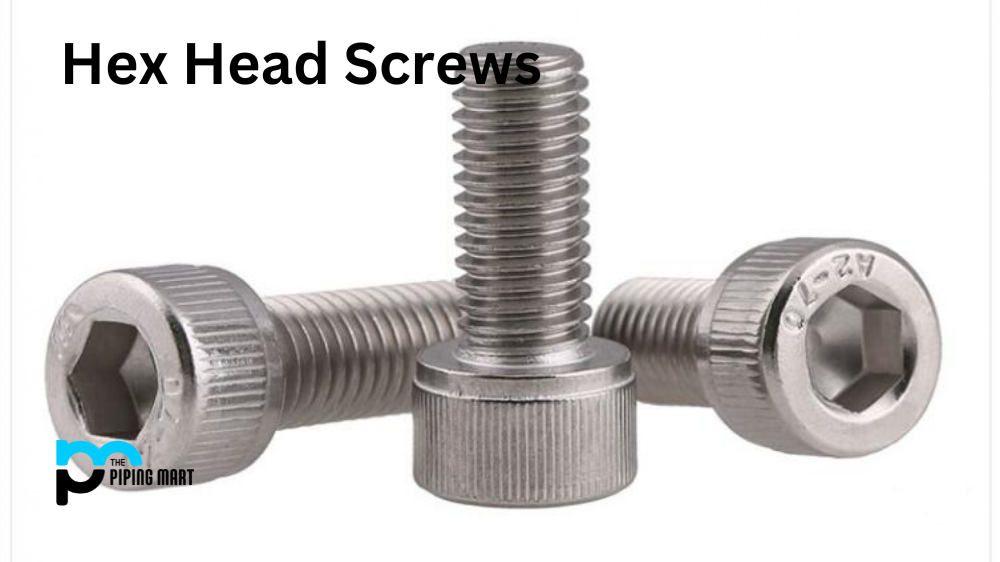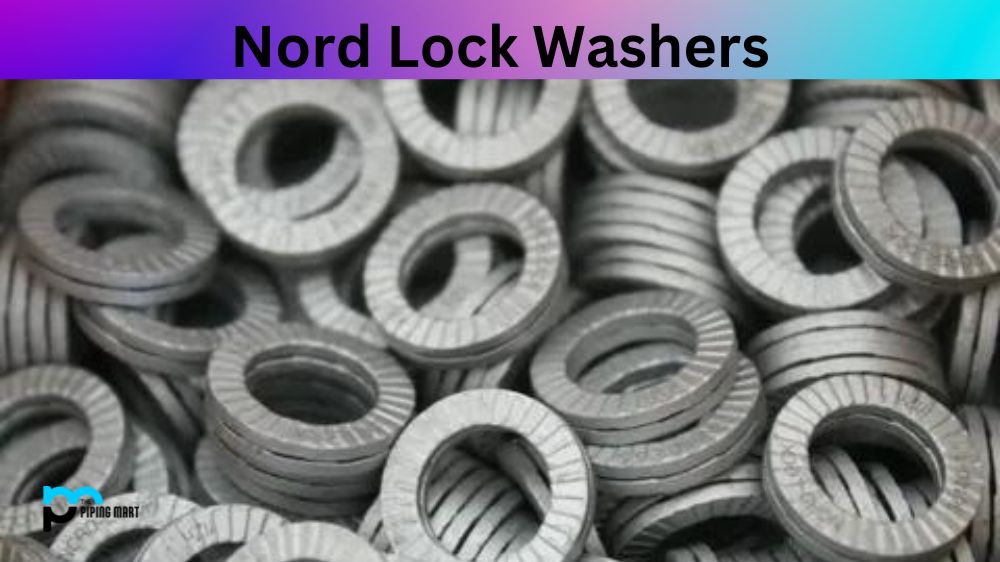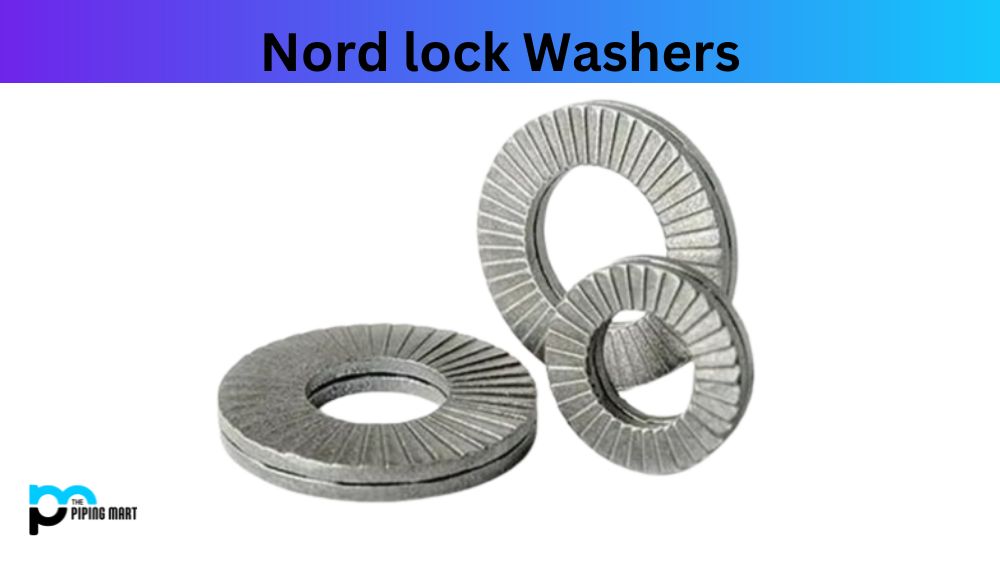Hex head screws are often used to fasten materials together. They feature a hexagonal head with six flat sides, making them easy to turn with a wrench or socket. A variety of hex head screws exist, all designed for different applications. Understanding these different types of screws and where to use them can save you time and frustration in your projects. In this article, we explore the different types of hex head screws and their uses.
Types of Hex Head Screws and Their Uses
Standard Hex Head Screws
Standard hex head screws are the most common type of hex screws that you will come across. These screws are used for a range of applications, from fastening machinery in factories to assembly work in the automotive industry. The standard hex head screw has six sides, with an even measurement between each of them. This design ensures that the screws can be tightened securely in place using a hex driver or a wrench.
Machine Screws:
Machine screws have flat, oval, or round heads, with full or partially threaded shafts, providing a tight fit between the object and its base. They are commonly used for assembling light to medium-weight materials such as wood, sheet metals, and plastic devices. Machine screws are also available in different variations, including the pan head, truss head, countersunk, and the round head, among others.
Cap Screw
Also known as a hexagon bolt or machine bolt, a cap screw is a type of hex head screw designed for use in heavy-duty applications where high clamping force is necessary. Cap screws have a smooth shank without threading, while their threaded portion is longer than that of other screw types. They are ideal for machinery, engine assembly, and automotive equipment applications.
Lag Screw
Lag screws, also known as coach screws, have a coarse, deep spiral thread that bites easily into wood materials, providing a strong holding strength. They feature a hex head that requires a wrench of the same size to turn. Lag screws are commonly used in construction works, such as deck building, timber frames and in fencing.
Sheet Metal Screw
Sheet metal screws are common in the metalworking industry and are designed for use with thin, sheet-like materials. They have a sharp point and a sharp thread, creating a tight fit with the material. Typically, sheet metal screws feature a slotted or Phillips head, but you can find versions with hex heads. They suit stainless steel sheets, aluminum, and other thin metal materials.
Flange Bolt
Flange bolts feature an integrated washer that helps distribute the clamping force over a larger area, which helps prevent damage to the material being attached. The washer also provides a smooth, finished look. Hex head flange bolts are used mostly in the automotive, aerospace, and construction industries.
Button Head Screws
Button head screws have a low-profile head that keeps them flush with the surface they are fastened to. This design makes them ideal for applications where aesthetics are essential, such as furniture or musical instrument manufacturing. Button head screws can also be used in electronics manufacturing, where they will not interfere with other components.
Hex Head Cap Screw
Hex head cap screws, also known as machine screws, are designed for use in heavy-duty applications and feature a shorter threaded portion than a cap screw. Due to their high torque capacity, they are often used in machinery, automotive, and construction industries.
Socket Head Screws:
Socket head screws have a cylindrical head and a threaded shaft designed to fit into a pre-drilled hole with a socket wrench. They come with either a hex socket or torx socket drive and provide a sleek and stylish appearance to the products they are used in. They are commonly used in mechanical and electrical applications such as motor manufacturing, robotics, and aerospace.
Conclusion:
In conclusion, the type of hex screw you use depends on the application and materials involved. It’s essential to use the appropriate screw to ensure the strength and durability of your project. Whether you’re assembling machinery, working with wood, or attaching sheet metal, there is a hex head screw out there for you. Hopefully, this article has provided you with insight into the different types of hex screws and their applications.
Sakshee is a talented blogger, with a particular focus on the Business and Metal Industry. She is passionate about sharing her insights on various metal products and helping professionals to make a better decisions.




